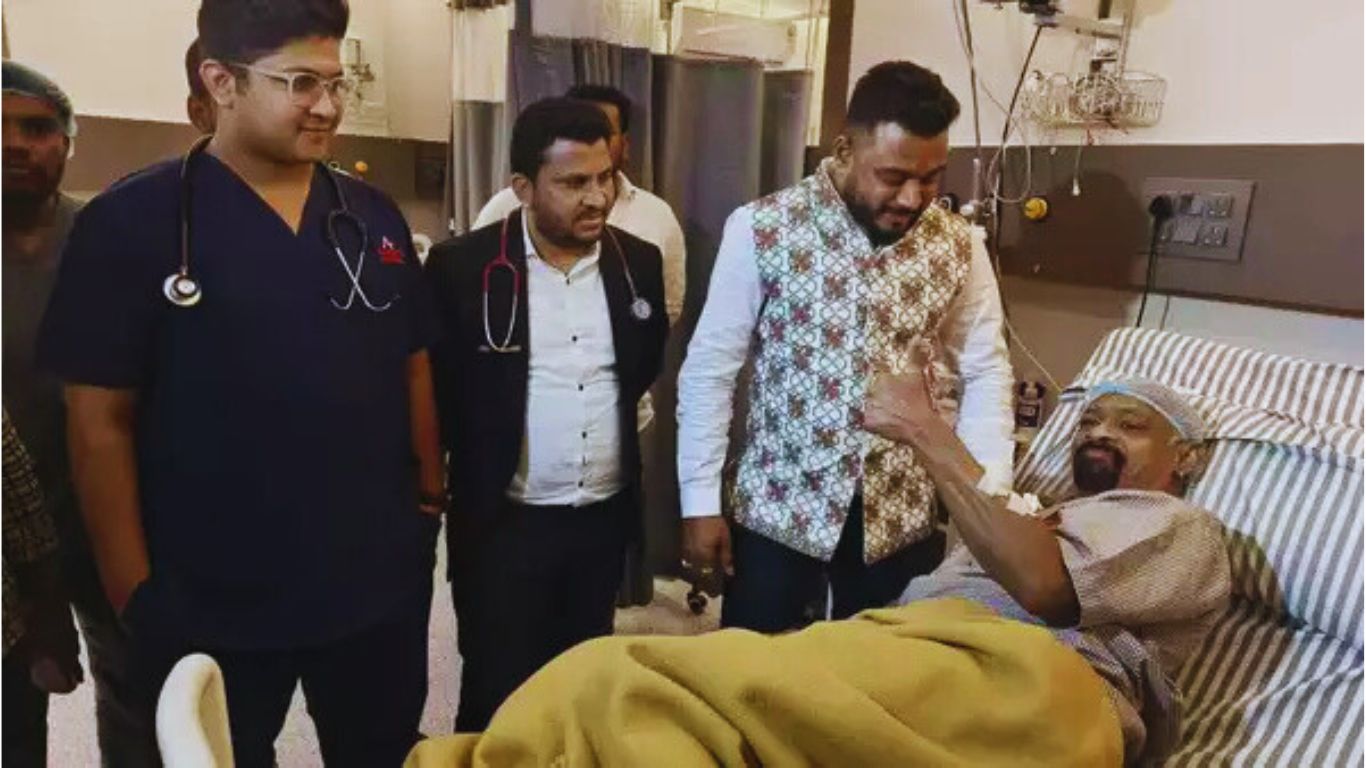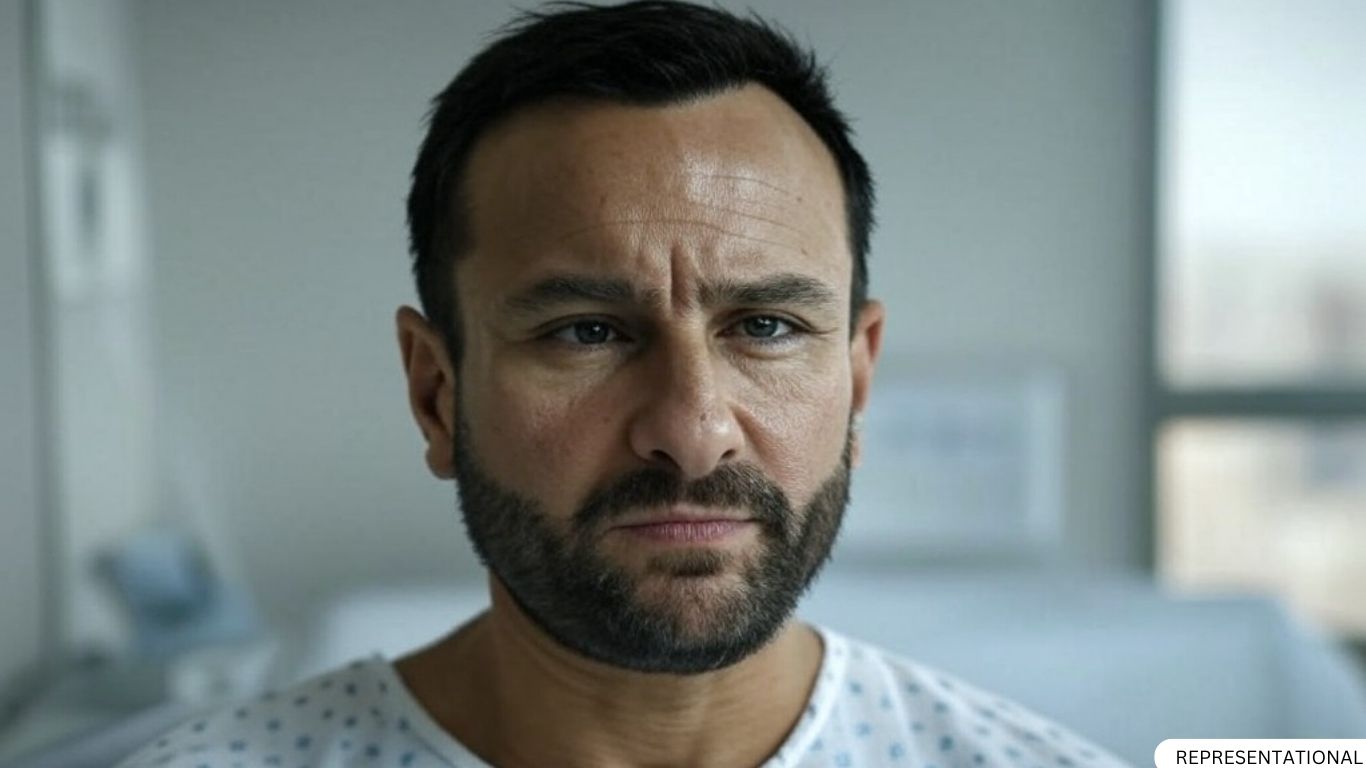Former cricketer Vinod Kambli, a name cherished by cricket fans worldwide, has recently been hospitalized due to health concerns. Reports circulating on social media indicate that the 52-year-old was admitted to a hospital in Bhiwandi’s Kalher area, Thane district, on Saturday, following a diagnosis of clots in the brain.
The hospitalization came after Kambli’s health reportedly deteriorated. A devoted fan, who also owns the hospital, ensured his swift admission. As per updates, Kambli’s condition is stable, though the exact cause behind his hospitalization is yet to be clarified officially.
What Causes Clots in the Brain?
Clots in the brain, medically referred to as cerebral thrombosis, occur when a blood clot forms in one of the brain’s arteries. This blockage disrupts blood flow to specific regions of the brain, potentially leading to severe complications, including strokes. Below are the primary causes and risk factors associated with brain clots:
1. Atherosclerosis (Fatty Deposits in Arteries):
- A major cause of brain clots, atherosclerosis, involves the buildup of fatty deposits along arterial walls, narrowing or hardening them. This restricts blood flow and increases the risk of clot formation.
2. Contributing Health Factors:
- Hypertension (high blood pressure)
- Diabetes Mellitus
- Smoking
- High Cholesterol Levels
Over time, these factors can weaken or damage blood vessel walls, promoting clot formation.
3. Cardiac Conditions:
- Atrial Fibrillation: An irregular heartbeat that increases the risk of blood clots forming in the heart, which can travel to the brain.
- Other heart problems can also contribute to clotting risks.
4. Blood Clotting Disorders:
- Conditions such as deep vein thrombosis (DVT) or genetic predispositions to clotting increase the likelihood of brain clots.
5. Vessel Ruptures or Tears:
- In some cases, clots form following a rupture or tear in a blood vessel, leading to bleeding in the brain (hemorrhage). This further elevates the risk of clot formation.
6. Lifestyle and Genetic Risks:
- Sedentary lifestyle
- Family history of strokes or blood clotting disorders
Potential Impact of Brain Clots
Brain clots can lead to severe health consequences, including:
- Strokes: A lack of blood flow can damage brain tissue, resulting in strokes that affect:
- Motor skills
- Speech
- Cognitive abilities
- Permanent Brain Damage: Depending on the area of the brain affected, clots may cause lasting impairment.
Prevention and Management
To reduce the risk of brain clots:
- Monitor Blood Pressure and Cholesterol: Regular health check-ups can help manage hypertension and cholesterol levels.
- Adopt a Healthy Lifestyle:
- Quit smoking.
- Maintain a balanced diet rich in fruits, vegetables, and whole grains.
- Exercise regularly.
- Manage Underlying Conditions: Properly treat diabetes and heart conditions to prevent complications.
- Seek Prompt Medical Attention: Early detection and treatment of clotting symptoms can prevent severe outcomes.
Vinod Kambli’s hospitalization has raised awareness about the risks associated with brain clots and their severe consequences. While his condition remains stable, this incident underscores the importance of early detection, lifestyle management, and medical care in preventing and managing such health issues. Fans and cricket lovers worldwide are hoping for his speedy recovery.















